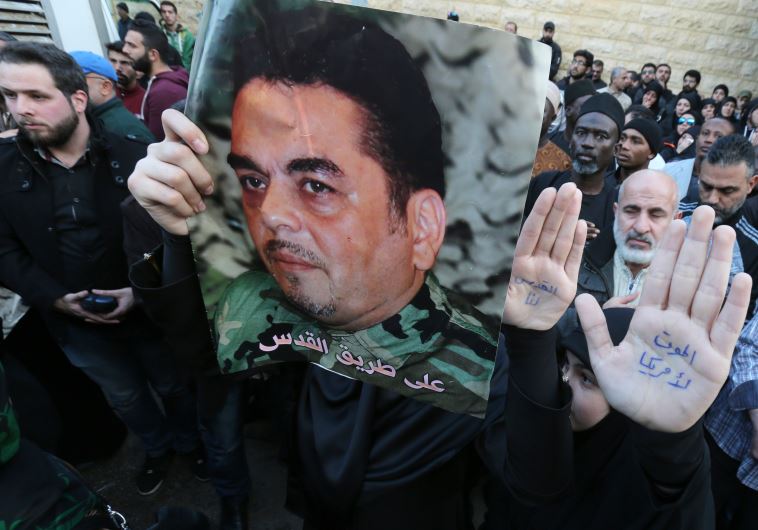Analysis: Kuntar killing boosts Israel's image among anti-Assad forces
While Iran and Hezbollah have seen their image take a hit, the negative perception of Israel has started to erode.
 Lebanese mourners hold portraits of Lebanese militant Samir Kantar during his funeral procession(photo credit: AFP PHOTO)
Lebanese mourners hold portraits of Lebanese militant Samir Kantar during his funeral procession(photo credit: AFP PHOTO)